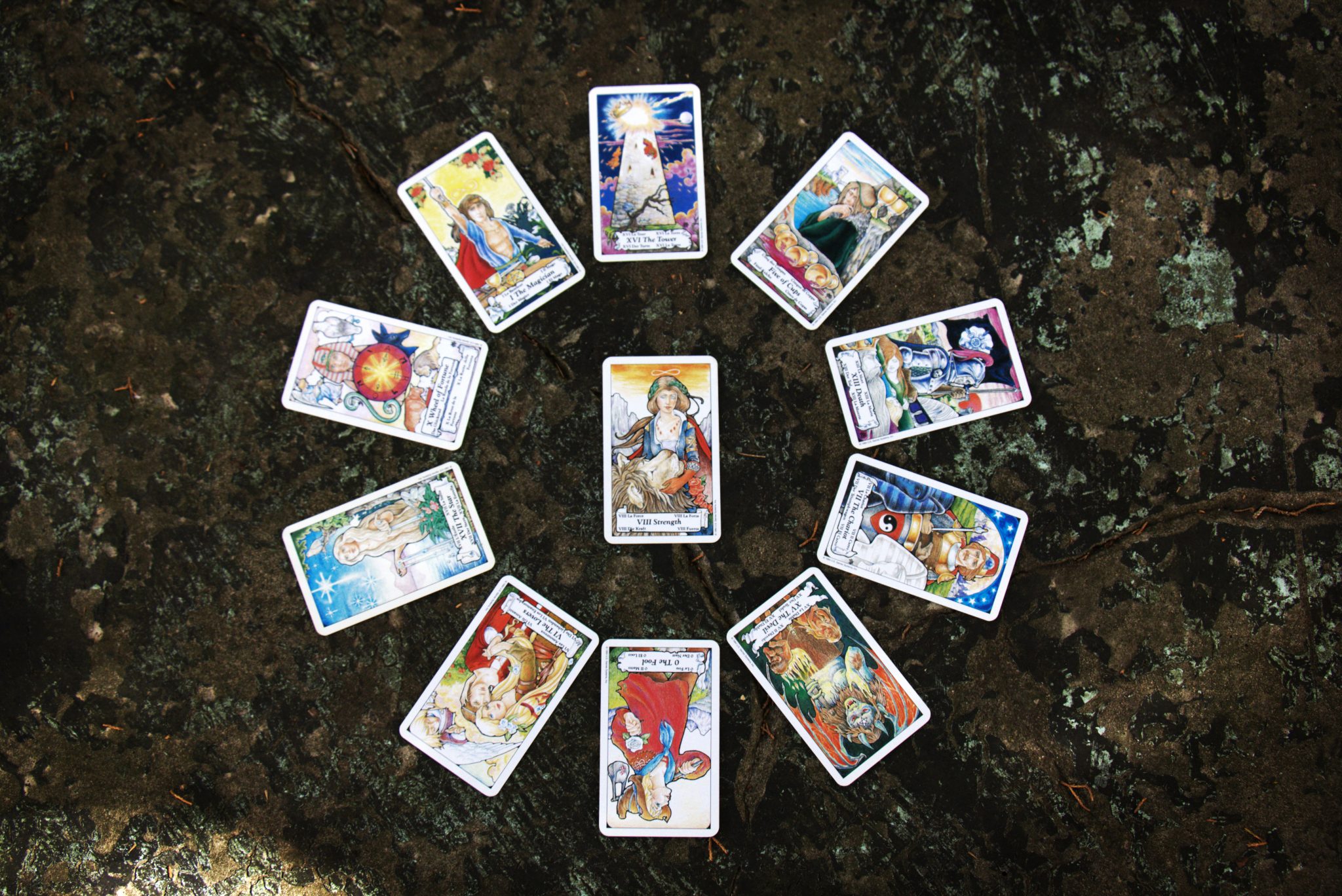Transgressions among Witches, Wiccans and Wise Women


Witch City Arts North and Women in Music and Arts (WIMA) Toronto are currently hosting Witchfest North 2017, which will run from Oct. 5 to Oct. 31. Witchfest is an event wherein witches, Wiccans and wise women celebrate the repeal of section 365 from Canada’s criminal code.
Section 365 states the following:
“Every one who fraudulently (a) pretends to exercise or to use any kind of witchcraft, sorcery, enchantment or conjuration, (b) undertakes, for a consideration, to tell fortunes, or (c) pretends from his skill in or knowledge of an occult or crafty science to discover where or in what manner anything that is supposed to have been stolen or lost may be found, is guilty of an offence punishable on summary conviction.”
It goes without saying that having the practice criminalized in such a way in Canada hindered true development of the study of Wicca to blossom the way other spiritual practices have.
As well, it has also added an obstacle for those who identify as witches, Wiccans or wise women to be viewed with legitimacy.
However, with the section being removed from Canada’s criminal code, this opens doors that for many were previously closed. One of those doors opened is the public and advertised gathering of Witchfest.
Which the city of Toronto met with open arms; the festival allowed artists to showcase their work during artisan fairs and booths featured throughout the month.
All in all, a great step forward for the Wicca community. Yet, despite this great step, there are still transgressions within the community that need to be discussed. Specifically, the ongoing cultural appropriation within the spiritual practices exhibited in Wicca studies.
Wicca is a growing faith and I hope that with the removal of section 365 – now that Wiccans can meet more openly – these transgressions in the community will be addressed.
In Western society the word and title ‘witch’ is often affiliated with the term Satanism. Obviously this leads to a negative impression of Wicca. Which is why the ideology of the devil, hell or Satan is often disavowed when discussing Wicca.
To establish legitimacy to the claim that Wicca is a peaceful practice, Wiccans attempt to establish ties with other polytheistic and nature orientated religions and faiths. More specifically, Wiccans tend to pick out parts of Hindu and Indigenous faiths and apply it to their practices.
This comes through in the practice of smudging, using spirit guides and spirit animals. Taking statues of Hindu gods – I saw Rama a fair few times at the festival – and placing them around pentagrams.
Now, don’t get me wrong. There are Hindu-Wiccans, who obviously have every right to do this. As well, Indigenous-Wiccans, but what I’m speaking to are Wiccans like myself – who are white and are still appropriating other cultures.
In terms of spiritual practices, Wicca is still modern. It hasn’t had the millenniums of development that others have had, which makes it awkward as Wiccans try to establish themselves.
I find most Wiccans operate under the ‘everything is borrowed’ philosophy. Which can mean every breath we borrow has to be given back. But to others means, we can ‘borrow’ what we want from other faiths, because at the end of the day it returns to the universe.
These Wiccans see it as a ‘reclaiming’ of what it means to be a witch, Wiccan or wise woman, when, in truth, they’re only bringing harm to marginalized groups and what it means to be Wiccan.
Claiming the title Wiccan is a lot less taboo as it’s been in the past.
Wicca is a growing faith and I hope that with the removal of section 365 – now that Wiccans can meet more openly – these transgressions in the community will be addressed.

